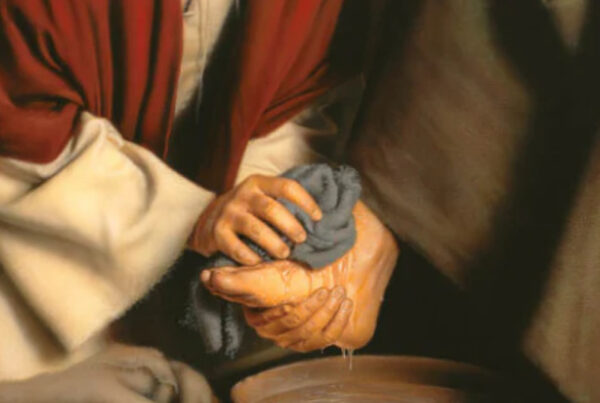Book of Hosea
Chapter 9
We get a sense of everyday work and family in today’s reading, albeit in a rather dismal way. Threshing floors – where grain was removed from its stalk – and winepresses would have been common in Israel’s agrarian culture. They were used to process crops into food for sustenance. Because the people were muddling the worship of God with other gods, the Israelites had probably placed idols at the locations of their threshing floors (1). If this were the case, then those idols would have been ubiquitous. The result of such practices would result in their subjugation and deportation to Assyria. As such, they would not “…remain in the Lord’s land…” (3), and these agricultural processes would no longer feed the people (2). They would be dependent on another land, on another people.
In the latter half of the chapter, we encounter some particularly tough images. They disturbingly portray the pain and suffering that the people would endure as exiles in Assyria (15, 16). Even so, these graphic images did not seem to get their attention. Their forgetfulness and faithlessness had turned to hostility (7) toward God. The recurring references to the agonies of children and families conveyed not only the pain of exile but also the unfaithfulness that the Israelites themselves were passing on to future generations. The difficult images put forth the question: how far would they need to go before they would stop perpetuating their unfaithfulness? The Lord seemed to let them know how painful life would be when He was no longer a part of it (12).
Since we began reading the writings of the prophets, you may have noticed that the job of a prophet was thankless. They had difficult messages to communicate to the people. Hosea’s contemporaries clearly were not listening. They viewed him as a fool and a maniac (7). They did not want the accountability that the Lord provided for them through a prophet (8). Even so, we get a tiny glimpse at Hosea’s relationship with God: he viewed it as quite personal. Despite the rejection around him, Hosea still called the Lord “my” God (8).
Key Verse(s):
“The prophet, along with my God, is the watchman over Ephraim, yet snares await him on all his paths and hostility in the house of his God.” ~ Hosea 9:8
Questions to ponder:
- How would you describe your relationship with the Lord? Would you use the word “personal”? If not, why not?
- Who are some trusted people who can speak into your life and from whom you are willing to receive input?
- How can you develop accountability in your life? What are some practical first-steps you can take to build this into your every day life?


